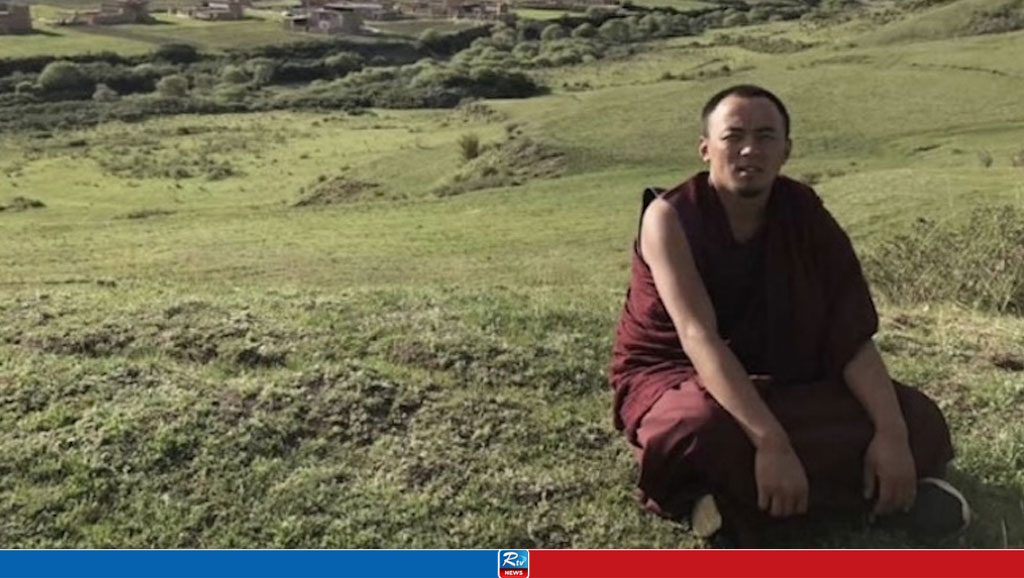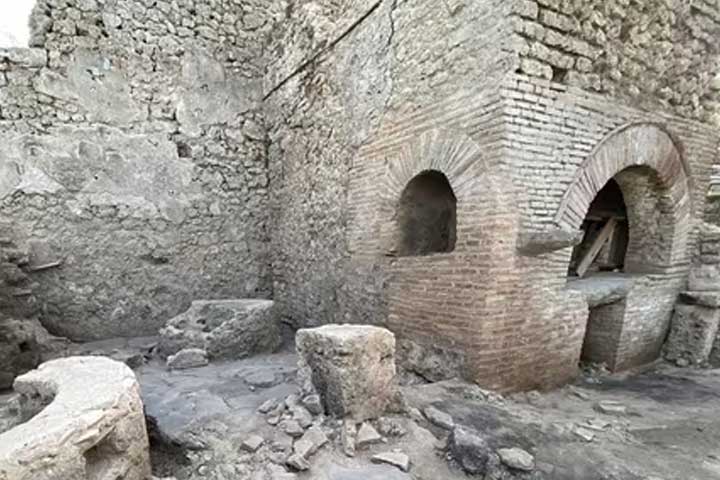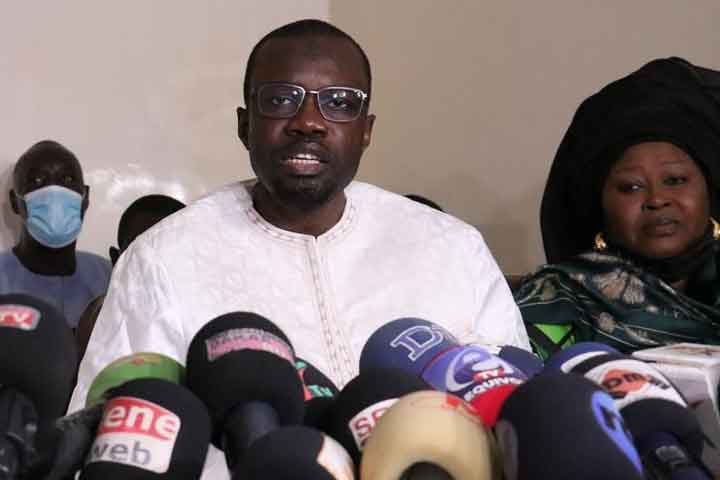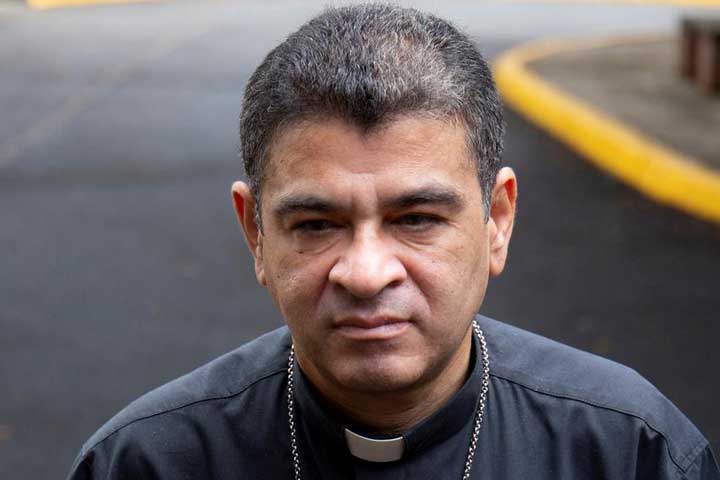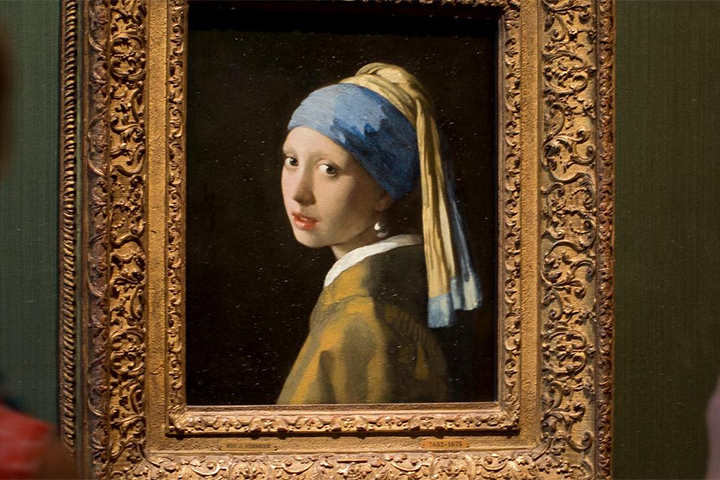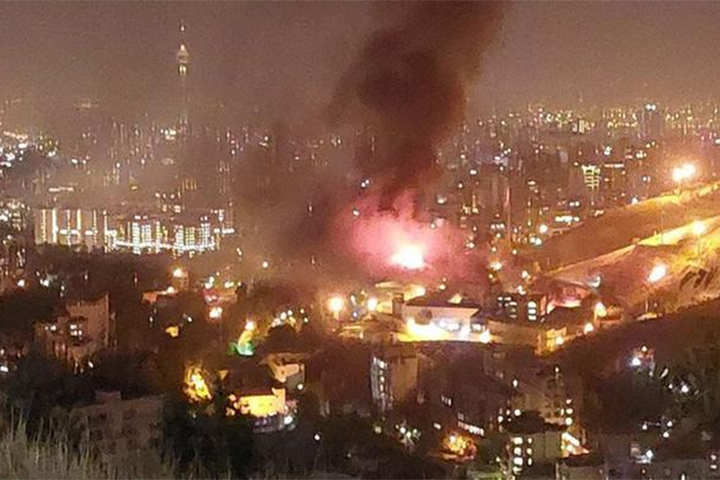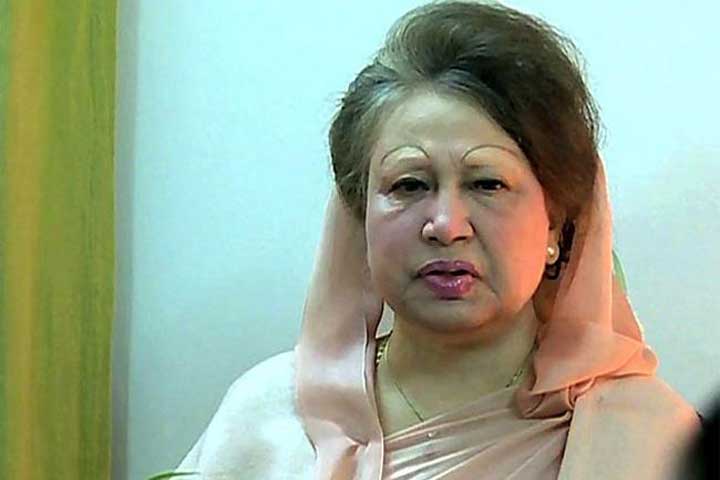Tibetan monk released after four and a half years in prison
Rinchen Tsultrim, a Tibetan monk from Ngaba in Eastern Tibet’s Amdo region who was sentenced to four years and six months in prison in 2020, following an incommunicado detention for over a year and seven months has recently been released from Sichuan’s Mianyang Prison, according to multiple sources.
Rinchen Tsultrim, along with two other monks from Ngaba County’s Kordo area in Eastern Tibet’s Amdo region, was apprehended on August 1, 2019.
Although the two fellow monks were released shortly after their initial detention, Rinchen Tsultrim’s family received an official communication almost eight months later, on March 26, 2020. The letter, however, provided minimal details, merely labelling Rinchen Tsultrim as “a traitor” without elaborating on the charges. Following the communication, Rinchen Tsultrim was subsequently sentenced to four years and six months in prison by the Aba Intermediate People’s Court on November 27, 2020. His sentence was based on allegations of “inciting separatism,” with the court pointing to Rinchen Tsultrim’s social media posts addressing religious and political issues in Tibet.
In 2019, Rinchen Tsultrim faced another instance of detention, this time for engaging in communication with an exiled Tibetan during the 11th Panchen Lama Gendun Choekyi Nyima’s birthday. Prior to this incident, he had been detained twice in 2018 by Chinese authorities for communicating with exiled Tibetans through micro-messaging apps, following an examination of his personal phone. Subsequently, Tsultrim was prohibited from using any micro-messaging apps.
Additionally, his website, which hosted a diverse collection of compositions, was forcibly shut down.
Rinchen Tsultrim was subjected to persecution for the act of sending numerous Buddhist texts from locations outside Tibet to individuals within Tibet through postal services.
Chinese authorities also utilised Tsultrim’s profile picture on WeChat, featuring his sister attending an educational workshop in India, to label her as being involved in political activities in exile.
Moreover, at the time of Rinchen Tsultrim’s imprisonment, his family was exposed to significant danger and endured constant pressure from Chinese authorities. Rinchen Tsultrim became a monk at a young age, joining the esteemed Nangshe monastery associated with the Bon religion. Hailing from a modest farming family in the Ngaba region, Rinchen Tsultrim’s parents, Tashi Dhondup and Tsomo have five other children.
Source: Phayul
05 Feb 2024,20:51









 Live Tv
Live Tv
